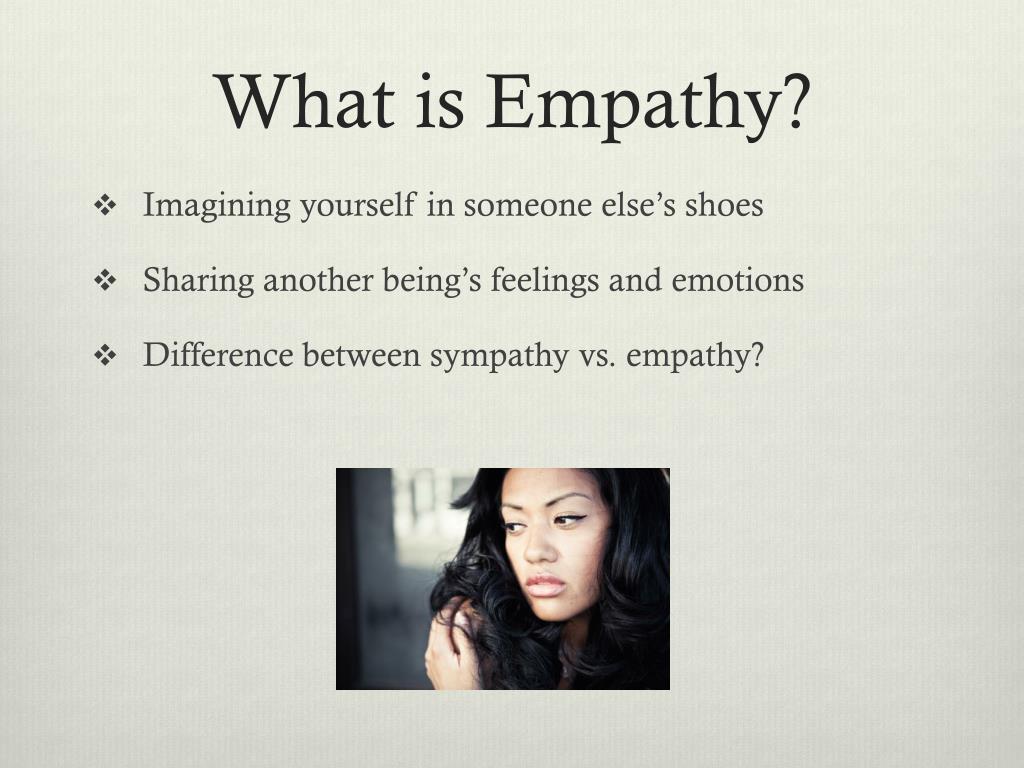
Now imagine Netanyahu uses empathy to make his decision.
/cdn.vox-cdn.com/uploads/chorus_image/image/52821171/175730782.0.jpg)
Logic has its place, but empathy is a valuable and essential additional resource.

Simply looking at the benefits, his decision is to bomb the Hamas rocket launcher. Potential benefits are weakening Hamas, reducing the likelihood of rocket attacks against Israelis, and increasing Israeli support for his military campaign. Using the unempathic, rational cost-benefit calculation, Netanyahu might consider the costs to be children’s lives, international political unpopularity, and the risk of angering more Palestinians. Consider Israeli Prime Minister Benjamin Netanyahu’s decision: Should I command the Israeli Defense Force to bomb a rocket launcher that Hamas is firing from within a UN school, and in the process risk killing innocent Palestinian children? But these are not mutually exclusive, and there are serious dangers in leaving empathy out of decision making.īloom argues, “If you want to be good or do good, empathy is a poor guide.” I strongly disagree. Paul Bloom’s essay centers on a major error, arguing that we should use a rational, cost-benefit, “cold cognition” approach in place of an empathy-based approach to decision making.


 0 kommentar(er)
0 kommentar(er)
